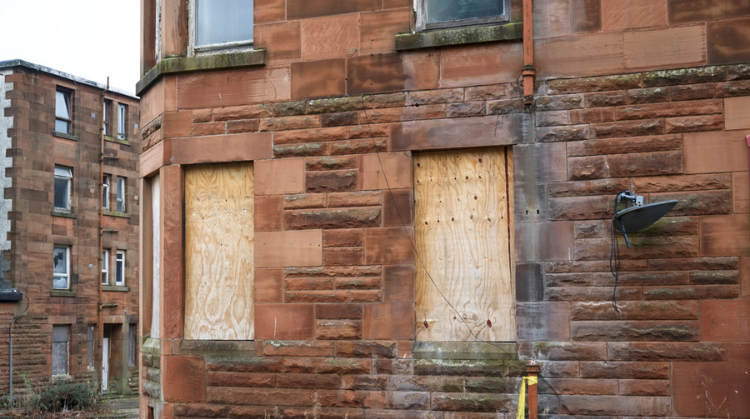How we speak about a place matters more than you might think

How we talk about a city, town or suburb can have real-world impact beyond simple value judgements, writes Dr Laura Paterson, WELS Senior Lecturer in Applied Linguistics and English Language, in an OpenLearn article co-authored with Professor Ian Gregory of Lancaster University. They assert that areas with better reputations will likely have higher house prices. Conversely, areas that are labelled as deprived or poor will likely have a narrower range of amenities, services, and opportunities available to residents.
Unequal Britain
As a sociolinguist, Dr Paterson’s work looks at how language is used to encode and normalise social structures. Writing in response to the Unequal Britain study published recently by the Policy Institute at King’s College London, which claims that a large proportion of the population (61%) see geographical inequality as the most serious form of inequality in the UK, she and Professor Gregory reference research carried out for their 2019 publication, Representations of Poverty and Place. To find out if there were any places particularly associated with poverty and deprivation in newspapers, they undertook a large-scale geographical text analysis of 370,000 articles published in the Guardian and the Daily Mail between 2010 and 2015.
“By analysing almost 10,000 examples where places ranging from Aberdeen to Exeter, Dublin to Hull occurred with terms like ‘benefits’, ‘hardship’, and ‘poverty’, we could see where these place names clustered and what was said about the different places.”
Structural inequality
Paterson and Gregory argue that negative labels associated with an area could have wider consequences for structural inequality, including dissuading potential investors and employers.
“Ultimately, without challenging how we talk about places where social deprivation is high, we cannot fully address geographical inequality, and a place that has always been poor will remain poor.”
Read more
Are you already an OU student?
Request your prospectus
Explore our qualifications and courses by requesting one of our prospectuses today.
Request prospectus